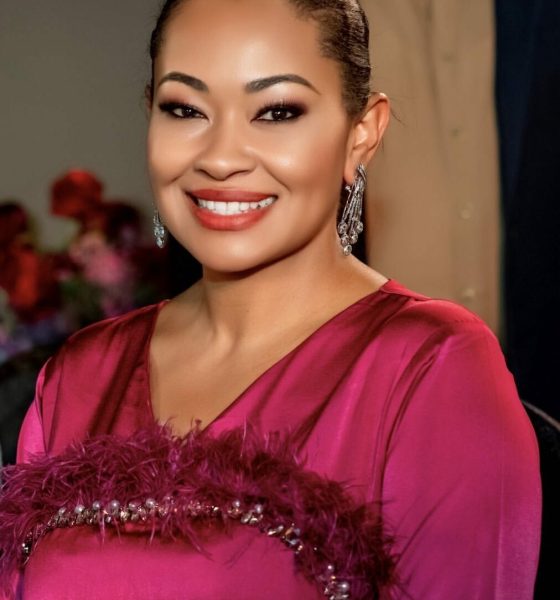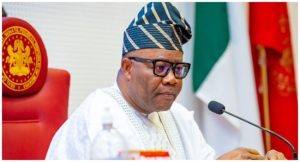

News
Senator Natasha Akpoti-Uduaghan Takes Her Fight for Justice to the UN
Senator Natasha Akpoti-Uduaghan Takes Her Fight for Justice to the UN
Senator Natasha Akpoti-Uduaghan, the embattled representative of Kogi Central, has taken her battle against political suppression to the global stage. Speaking at the United Nations Inter-Parliamentary Union (IPU) meeting in New York, she called for international intervention, alleging that she was unjustly suspended from the Nigerian Senate after filing a sexual harassment complaint against Senate President Godswill Akpabio.

In an impassioned speech at the Women in Parliament Session, Akpoti-Uduaghan decried what she described as targeted political oppression, stating that her suspension was a blatant attempt to silence her. “I come with a heavy heart from Nigeria,” she declared. “But I am not here to bring shame to my country—I am here to seek justice for Nigerian women.”

The senator detailed the aftermath of her petition against Akpabio, saying she expected due process but was instead met with severe punitive measures. According to her, her security detail was withdrawn, her official vehicles seized, and her salary cut off. Additionally, she was barred from the National Assembly and prevented from carrying out her duties for six months.
“On the 6th of March, 2025, I was illegally suspended from my role as a senator simply because I stood up against sexual harassment,” she stated. “I believed in a fair system where both parties would be subjected to a transparent investigation, but instead, I was silenced and cast out.”
Her suspension, enforced by the Senate Committee on Ethics, Privileges, and Code of Conduct, has ignited widespread debate in Nigeria, with many questioning the Senate’s decision and its implications for women in leadership.
Akpoti-Uduaghan emphasized that this was not just about her but about the broader struggle for women in Nigerian politics. “If a female senator can be treated this way in full view of the world, imagine what ordinary Nigerian women endure in workplaces and universities.”
By taking her case to the UN and the IPU—a Geneva-based global organization that advocates for democracy and gender equality in governance—she hopes to rally international support against what she perceives as institutional oppression. Her story has sparked a conversation about the barriers women face in leadership roles and the urgent need for systemic change in Nigeria’s political landscape.
As the world watches, the question remains: Will this international appeal force the Nigerian Senate to rethink its decision, or will political power continue to suppress voices that dare to challenge the status quo?





